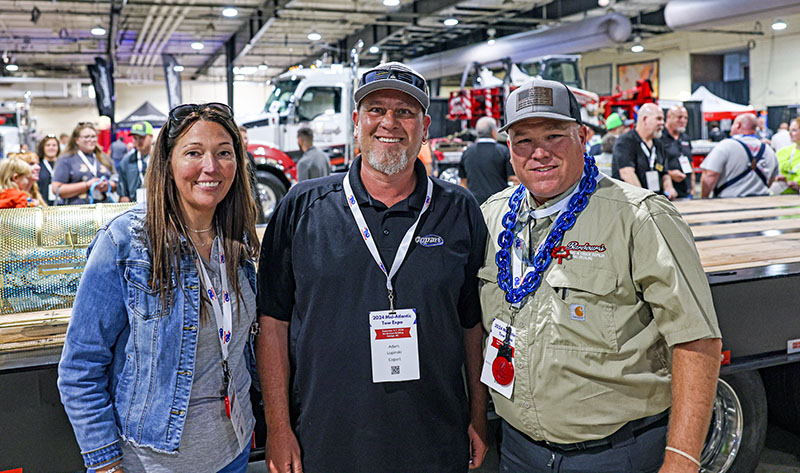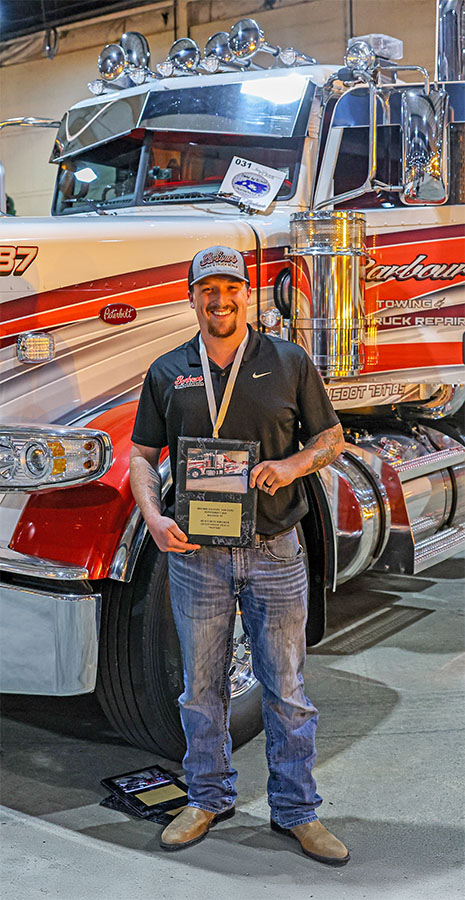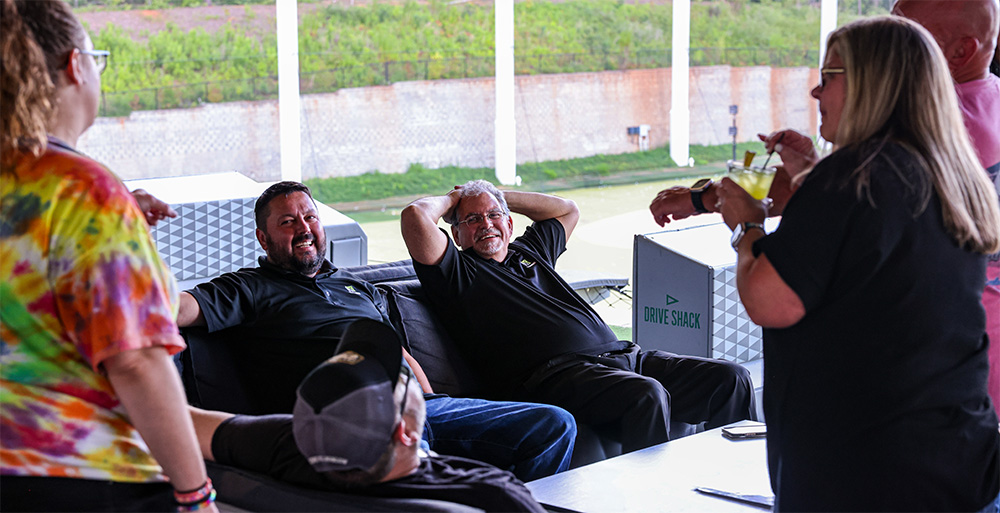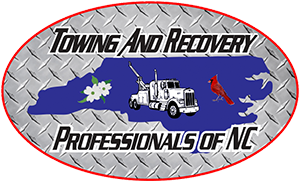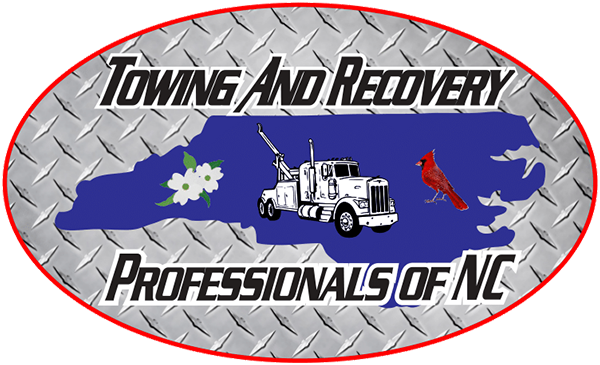What can TRPNC do for you?
With every legislative session, our industry’s seasoned lobbyist diligently brings to light a multitude of potential issues that could significantly impact our operations. The dedicated Board of Directors and the vigilant Legislative Affairs Committee work hand-in-hand with a network of influential legislators to ensure that the vital interests and concerns of tower owners and our broader industry are thoroughly addressed and met. Through tireless advocacy efforts, they closely monitor the progress of relevant bills, amendments, and regulatory changes, proactively voicing our perspective to lawmakers and policymakers. This collaborative approach allows us to stay acutely aware of evolving legislative and regulatory landscapes, equipping us to nimbly adapt our strategies and remain compliant, while also shaping outcomes that protect the long-term viability of our industry.
Throughout the year, TRPNC holds a series of in-depth training seminars covering a wide range of topics related to technical services and small business development. These informative sessions, known as “training seminars,” provide valuable insights and practical knowledge to help members stay up-to-date and competitive in the industry. The seminars dive deep into the latest trends, regulations, and best practices, equipping attendees with the tools and strategies they need to effectively manage and grow their towing and recovery operations.
The Move Over Law in North Carolina is a critical piece of legislation that TRPNC worked on and requires drivers to take specific actions when approaching certain types of emergency and service vehicles on the roadway. This law applies to a wide range of vehicles, including law enforcement cars, ambulances, fire trucks, North Carolina Department of Transportation (NCDOT) safety patrol trucks, NCDOT maintenance vehicles, highway construction and repair crews, tow trucks, and utility company trucks. Regardless of the type of vehicle, if its lights are flashing, drivers are legally obligated to safely move over to an adjacent lane, if possible, or significantly slow down if changing lanes is not an option. This law went into effect in January 2002 with the goal of protecting the men and women who work tirelessly to keep our roads and highways safe and operational.
